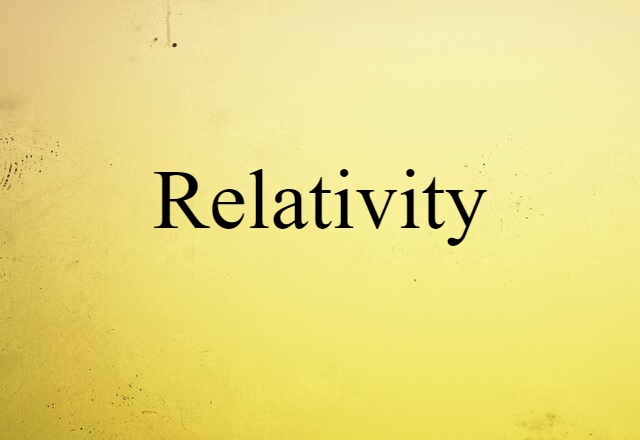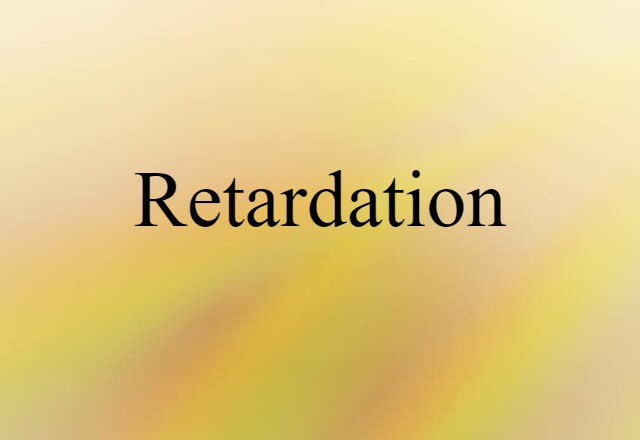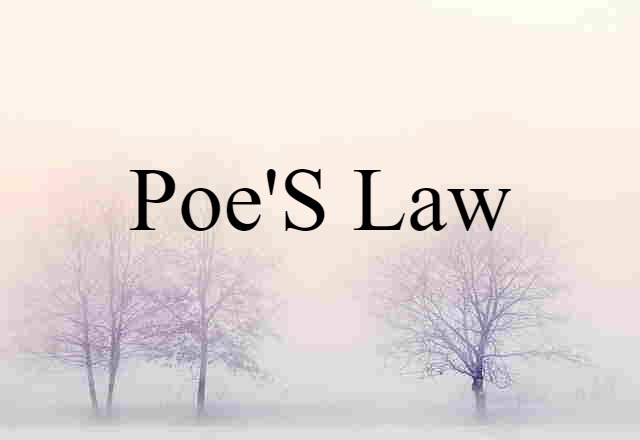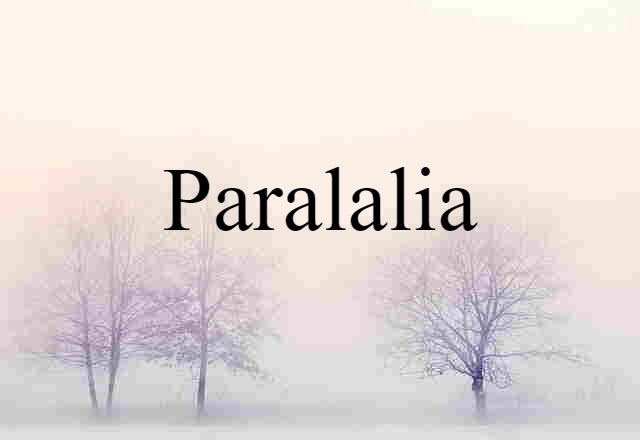- the state or fact of being relative.
- a theory, formulated essentially by Albert Einstein, that all motion must be defined relative to a frame of reference and that space and time are relative rather than absolute concepts: it consists of two principal parts. The theory dealing with uniform motion (special theory of relativity, or special relativity ) is based on the two postulates that physical laws have the same mathematical form when expressed in any inertial system, and the velocity of light is independent of the motion of its source and will have the same value when measured by observers moving with constant velocity with respect to each other. Derivable from these postulates are the conclusions that there can be no motion at a speed greater than that of light in a vacuum, mass increases as velocity increases, mass and energy are equivalent, and time is dependent on the relative motion of an observer measuring the time. The theory dealing with gravity (general theory of relativity, or general relativity ) is based on the postulate that the local effects of a gravitational field and of acceleration of an inertial system are identical.
- dependence of a mental state or process upon the nature of the human mind: relativity of values; relativity of knowledge.
- either of two theories developed by Albert Einstein, the special theory of relativity, which requires that the laws of physics shall be the same as seen by any two different observers in uniform relative motion, and the general theory of relativity which considers observers with relative acceleration and leads to a theory of gravitation
- dependence upon some variable factor such as the psychological, social, or environmental context
- the state or quality of being relative
















